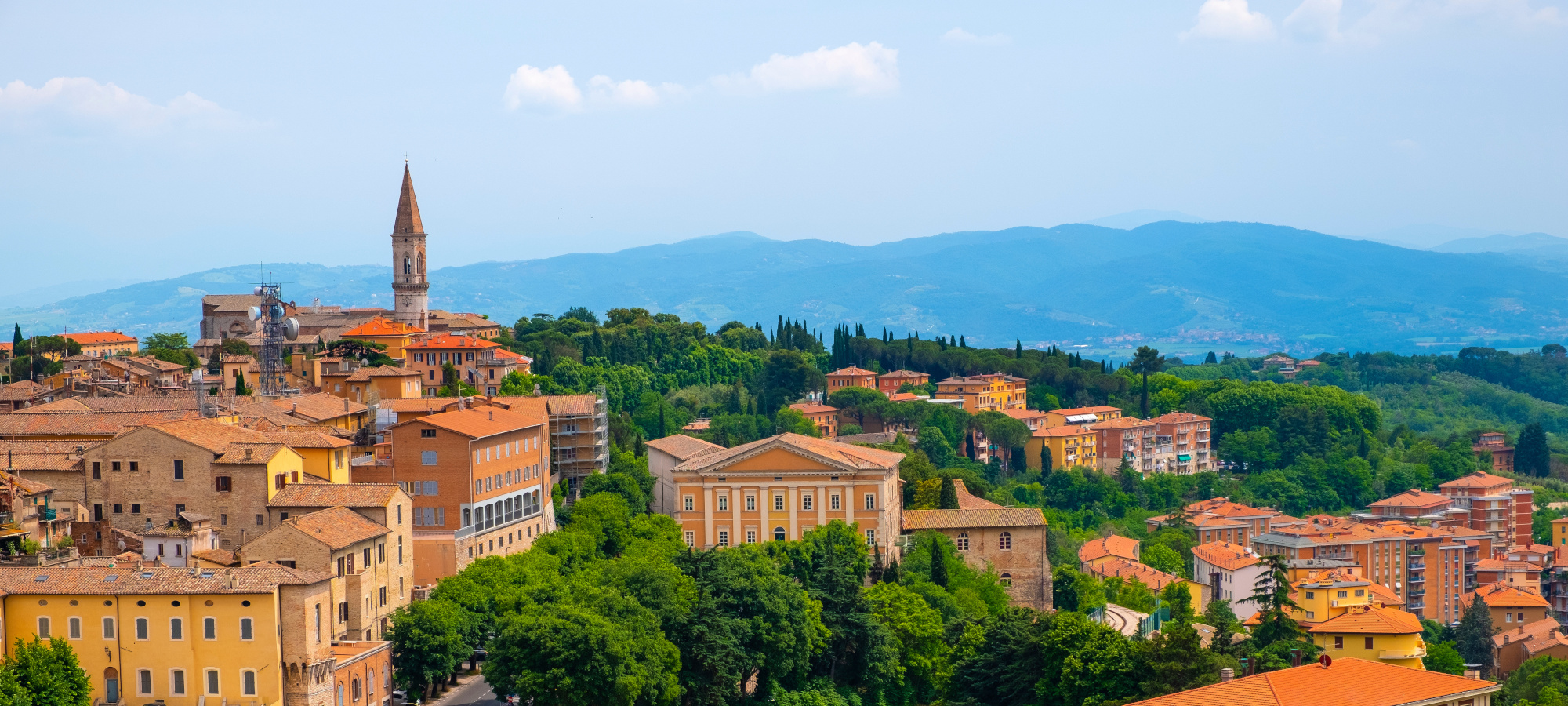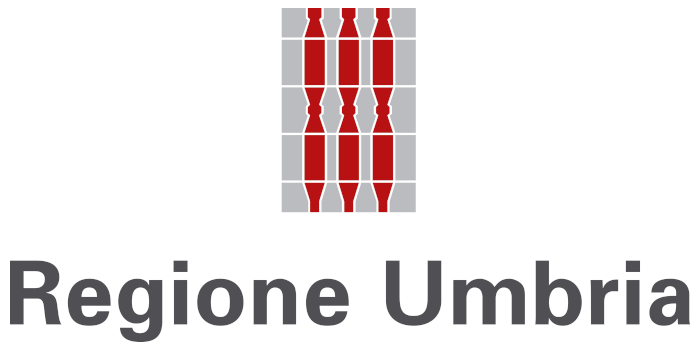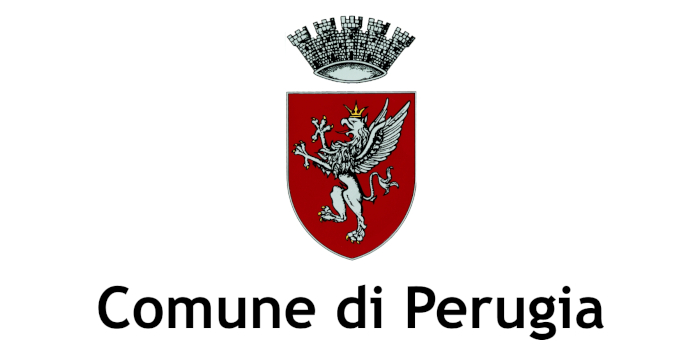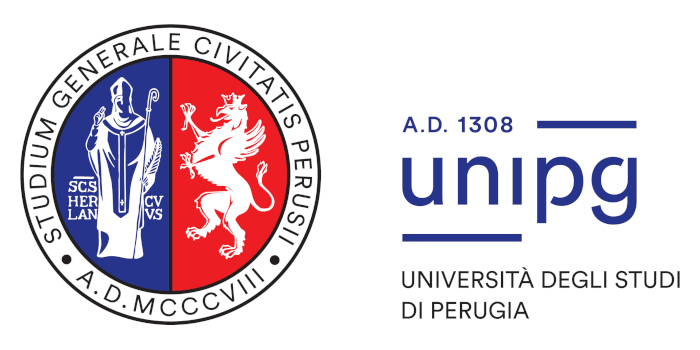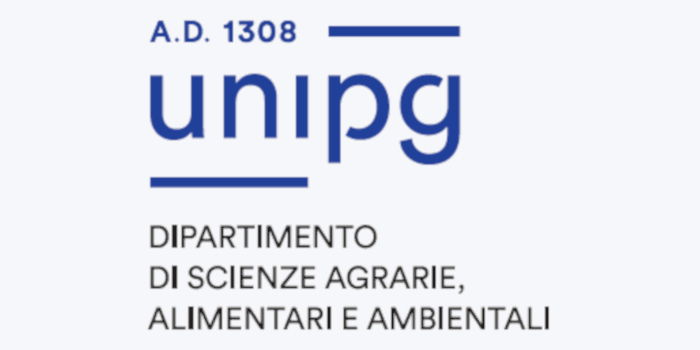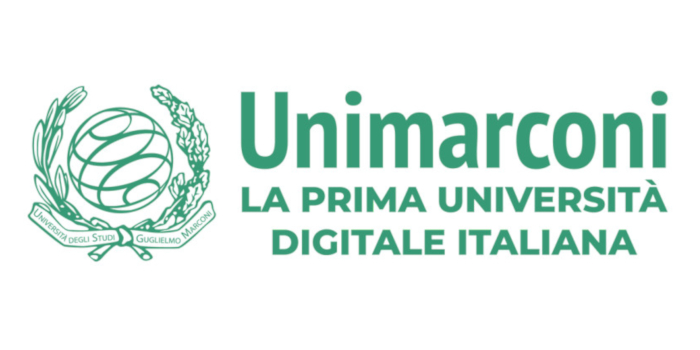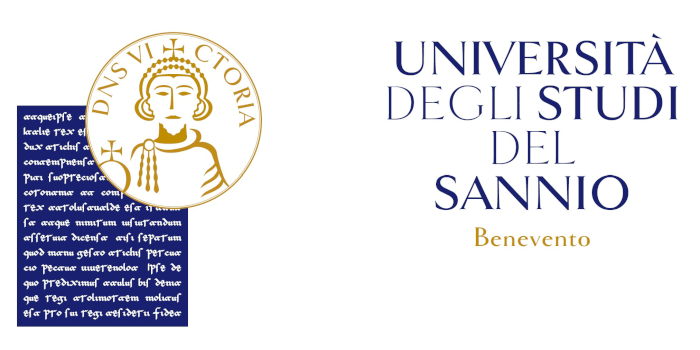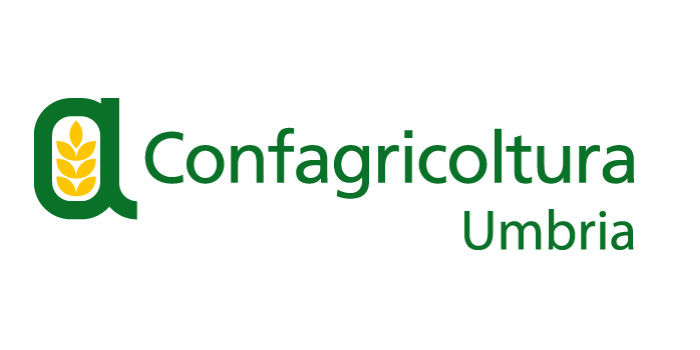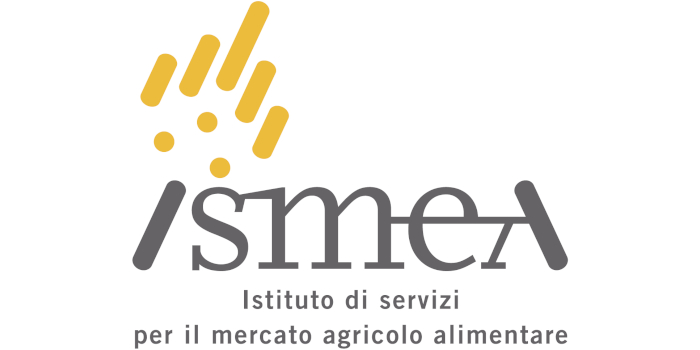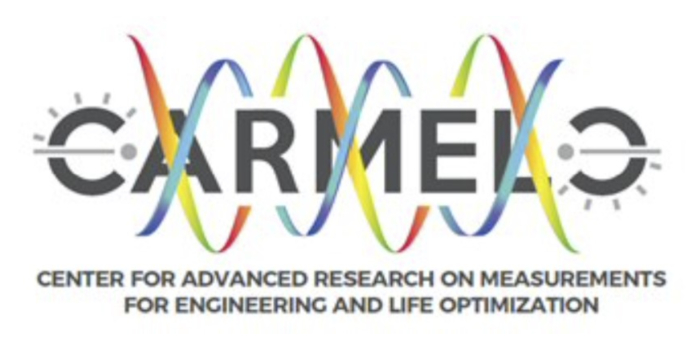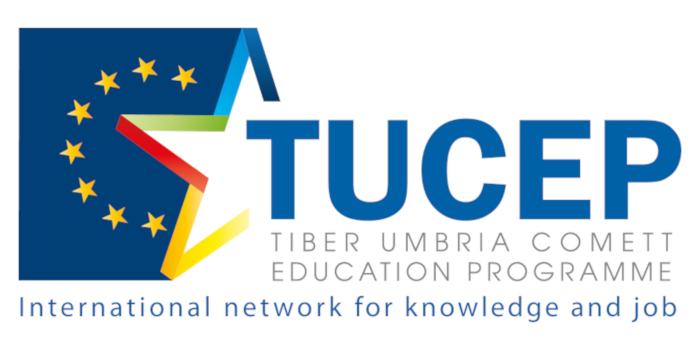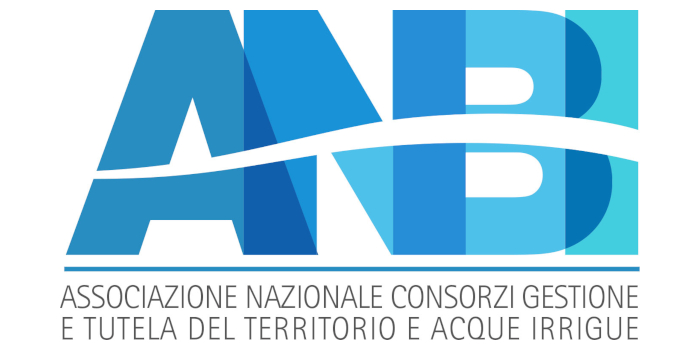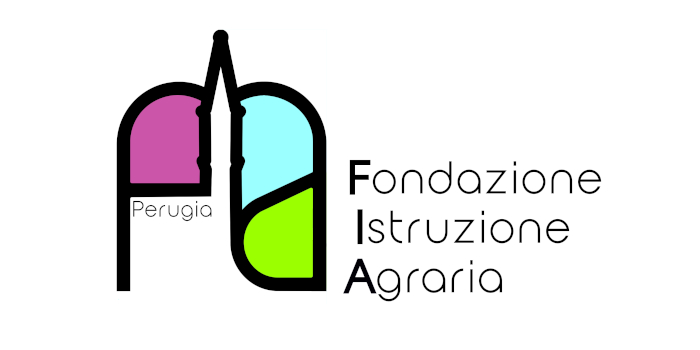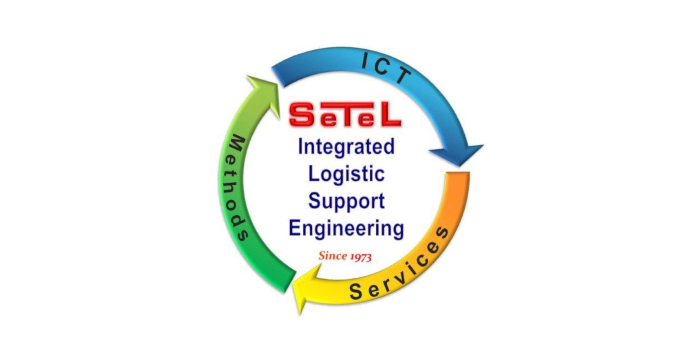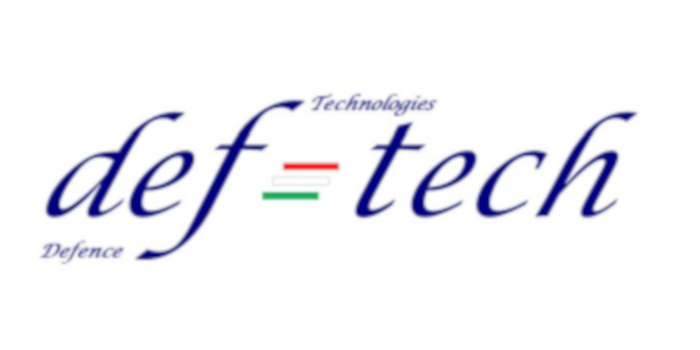Making steep-slope vineyards more sustainable: contributions from new technologies
ORGANIZED BY

Eugenio Straffelini
Department of Land, Environment, Agriculture and Forestry
University of Padova, Italy

Anton Pijl
Cambisol, The Netherlands

Wendi Wang
Department of Land, Environment, Agriculture and Forestry
University of Padova, Italy

Paolo Tarolli
Department of Land, Environment, Agriculture and Forestry
University of Padova, Italy
ABSTRACT
Steep-slope agricultural areas are often cultural landscapes where cultivation takes place according to traditional knowledge. Sometimes, they are also inscribed in recognised protection lists, such as UNESCO-WHS or FAO-GIAHS. In the Mediterranean basin, slopes are often cultivated with vines, significantly contributing to the economy of entire geographical areas. Such vineyards are the result of the layering of several agricultural patterns over centuries of history, assuming complex morphologies therefore intrinsically susceptible to hydrogeological risk. Climate change can amplify this criticality. It can be a threat to these fragile environments, mainly due to the intensification of intense rainfall events that trigger soil erosion, but also to periods of drought. This complex overview makes it necessary to increase vineyard sustainability, inviting stakeholders to invest in water and soil conservation measures. The application of recent high-tech devices can help to understand the processes occurring on terrain surfaces. New frontiers in Earth observation include remote sensing techniques such as Uncrewed Aerial Vehicles (UAVs) and laser scanners, which supply a three-dimensional reconstruction of surfaces. On the other hand, sensor networks are used for measurements of the main parameters in the field. GIS-based analyses and high-resolution simulations provide spatialisation of the information obtained, combining them into valuable products for decision-making. This session invites young scientists to present their work on improving vineyard sustainability in water and soil research areas involving new technologies.
ABOUT THE ORGANIZERS
Eugenio Straffelini, is a PhD student at the University of Padova, where he is studying the impacts of climate change and anthropogenic pressure on cultural landscapes (supervisor: Prof. Paolo Tarolli). He spent two years as a research assistant at the same university ("assegnista di ricerca", in Italian) focusing on soil erosion phenomena in steep slope vineyards within the project "Soilution System" (Innovative solutions for soil erosion risk mitigation and a better management of vineyards in hilly and mountain landscapes - Programma di Sviluppo Rurale per il Veneto 2014-2020). The project involves the implementation of new technologies to make hill and mountain viticulture more sustainable, in a multidisciplinary initiative involving universities, research centres, local authorities, farmers and wine consortia. He is mainly dealing with remote sensing, digital terrain models analysis and runoff/soil-erosion quantification of modelling and field approach.
Anton Pijl, is a postdoctoral researcher at University of Padova, Italy & Environmental consultant at Cambisol (anton.pijl@unipd.it). Anton obtained his PhD degree in the field of soil & water conservation in steep-slope agricultural landscapes. During his doctoral programme he conducted and published several scientific studies on the challenge of soil erosion in vineyards, and the role of GIS and remote sensing in improving sustainable management practices. As consultant and researcher he continues to work on the topics of mapping, designs, and sustainable land management, with a special focus on state-of-the-art technologies for visualising and quantifying surface processes.
Wendi Wang, is a PhD Candidate at the Dept. of Land Environment, Agriculture and Forestry (University of Padova, Italy). Her PHD topic focus on the water resource management in steep slope agriculture systems. Her research interest is steep slope agriculture, water storages, runoff analysis as well as remote sensing. In the first year of her PHD, she concentrated on the distribution of global steep slope agriculture systems and calculated their spatial distribution in the present and future scenarios. Wendi is now keep working on how to keep and collect water in steep slope cultivation systems and in which way to design water management for improving Resilience of steep slope agriculture systems particularly in the background of long period of drought.
Paolo Tarolli, is Professor in Integrated Watershed Management and Water Resources Management at University of Padova (Italy). He is Vice President of the "Land and Water Use" Division of Italian Society of Agricultural Engineering (AIIA), Chief Executive Editor of the journal Natural Hazards and Earth System Sciences, and Associate Editor of Remote Sensing and Land Degradation & Development. He is expert in digital terrain analysis and earth surface processes analysis, through the use of high-resolution remote sensing data; the research he conducted in the last decade provided a significant advance in understanding landscapes in the face of changing climate and growing anthropogenic pressures. He is author of more than 140 papers published in international peer reviewed journals and books. He is ranked in the list of 100,000 top world’s most cited scientists (source Scopus by Elsevier BV).

